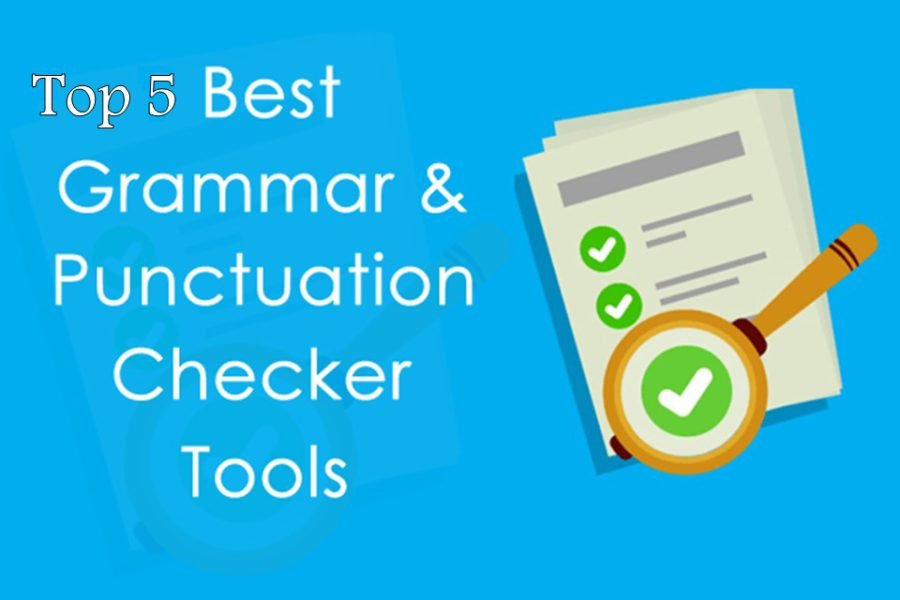The Certified Information Systems Auditor (CISA) is a globally recognized
certification and standard for evaluating an IT auditor’s knowledge, expertise,
and skill in assessing vulnerabilities and implementing IT controls in an
enterprise environment.
ISACA awards this certification to those responsible for ensuring that an
organization’s IT and business systems are monitored, managed, and secured. It
is presented after a thorough testing and application process has been
completed. IT auditors, audit managers, consultants, and security experts will
benefit from it. To learn more about ISACA certification, Click here.

CISA certification is advantageous because it is recognized by employers all over
the world and is frequently requested for IT audit and security information
management (SIM) positions. Because most recruiters prefer and keep an eye out
for IT auditors with a CISA certification, the certification gives the holder
more visibility throughout the job application process.
A Certified Information Systems Auditor’s Responsibilities
A CISA’s key responsibilities include:
Developing and implementing a risk-based audit strategy for information systems (IS).
Planning audits to assess whether IT assets are properly safeguarded, maintained, and
valued.
Executing audits in accordance with the organization’s established standards and goals.
Sharing audit findings with management and making recommendations based on them.
Performing reexaminations of audits to ensure that management has taken the recommended
actions.
The responsibilities of a CISA frequently extend beyond auditing control. They are
expected to collaborate with management to confirm organizational processes,
plans for system implementation and operation, and promote the organization’s
goals and strategies.
Applicants must pass the following five steps in order to become CISA certified:
Complete and pass the CISA exam successfully.
Make an application for CISA certification.
Keep the ISACA Code of Professional Ethics in mind.
ISACA’s Continuing Professional Education Program is worth following.
ISACA’s Information Systems Auditing Standards must be followed.
ISACA requires all CISA candidates to have five years of professional experience in
IS auditing, control, assurance, or security, but replacements and exceptions
are possible. One year of IS or non-IS auditing experience, for example, can be
substituted for one year of experience. In addition, 60 to 120 university
semester credit hours (a two- to a four-year degree) can be used to substitute
one or two years of experience. One year of experience can be replaced with two
years of full-time teaching in a similar discipline at a university.
Work
experience must be within 10 years of submitting an application or within five
years of passing the CISA exam. ISACA’s Code of Professional Ethics and
Information Systems Auditing Standards must also be followed by the candidate.
Once these requirements have been satisfied, the candidate can apply for
certification.
Concerning the CISA exam
Anyone with an interest in IS auditing, control, or security is eligible to take the
CISA exam. It lasts four hours and includes 150 multiple-choice questions
organized into five job practice domains:
What is the best way to prepare for the CISA exam?
Individuals interested in studying for the exam can use the ISACA’s preparation materials.
CISA test review classes are held by many ISACA chapters. People studying for
the exam should take as many practice exams as they can, in addition to
studying the ISACA Review Manual and learning how to think like an accountant.
Taking the Isaca cisa practice exam can increase your chances of passing the
certification exam.
Because most people who take the CISA exam work as accountants or in the financial
services industry, adopting an accountant’s perspective is advantageous. As a
result, thinking like an accountant can help a test taker better grasp the
questions and answers as well as how they were written.
If a CISA candidate passes the exam, they will receive the necessary information to
apply for the CISA certificate. They must, however, first demonstrate that they
have the necessary professional experience.
How do I keep my CISA certification?
ISACA’s Continuing Professional Education (CPE) program applies to CISA applicants and
certification holders. This training is designed to keep CISAs current and
proficient in their specialties.

